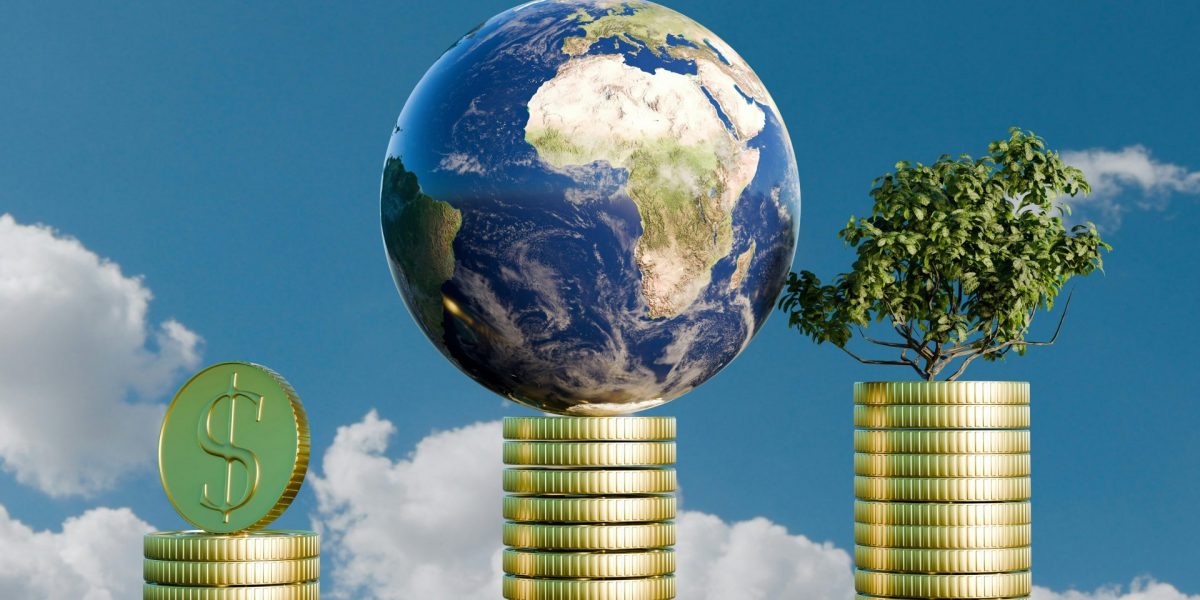Developing countries, especially those in Africa, are disproportionately vulnerable to climate impacts and confront diminishing fiscal space, budget deficits and debt distress.
The pressing challenges of climate change and sustainable development require unprecedented levels of financing. Current global financial mechanisms and aid flows are insufficient to meet the estimated trillions of dollars needed annually to achieve the Sustainable Development Goals (SDGs) and implement the Paris Agreement. Developing countries, particularly those in Africa, are disproportionately vulnerable to climate impacts and face shrinking fiscal space, budget deficits and debt distress, making access to concessional financing more critical than ever.
The Global Solidarity Levies Task Force (GSLTF), co-chaired by Barbados, France and Kenya, has emerged as a crucial initiative to address this financing gap. The GSLTF has developed a “straw-man” proposal outlining 16 potential solidarity levy options, targeting undertaxed sectors responsible for significant carbon emissions. These proposals, with an estimated annual revenue potential exceeding $500 billion, offer a transformative pathway to mobilise new and substantial funds.
Read our related report: Global Solidarity Levies: A Call for Country Participation
This online policy dialogue, co-convened by SAIIA and the GSLTF, aimed to:
- Provide an overview of the GSLTF’s proposals and the mechanisms through which these levies could generate significant climate and development finance.
- Encourage active participation from developing country governments, policymakers, and civil society in the ongoing discussions about the design, implementation, and equitable allocation of these levies.
- Generate support for the GSLTF’s work ahead of COP30 in 2025, where the levy proposals will be formally tabled.
- Facilitate discussion on how the revenues generated from these levies can be effectively reallocated to support low-emitting, climate-vulnerable developing countries, ensuring the equity and solidarity aspects of the initiative are fully realised.
Speakers
Roinsard Brice, Programme Manager, Global Solidarity Levies Task Force
Kirsten Pearson, Climate Finance Researcher, South African Institute of International Affairs
Discussant
Thoko Madonko, Researcher, Southern Centre for Inequality Studies (SCIS) Public Economy Project (PEP), Wits University
Moderator
Dr Njeri Mwagiru, Senior Researcher – Futures Programme, South African Institute of International Affairs
Thanks for your participation.
Watch the recording


